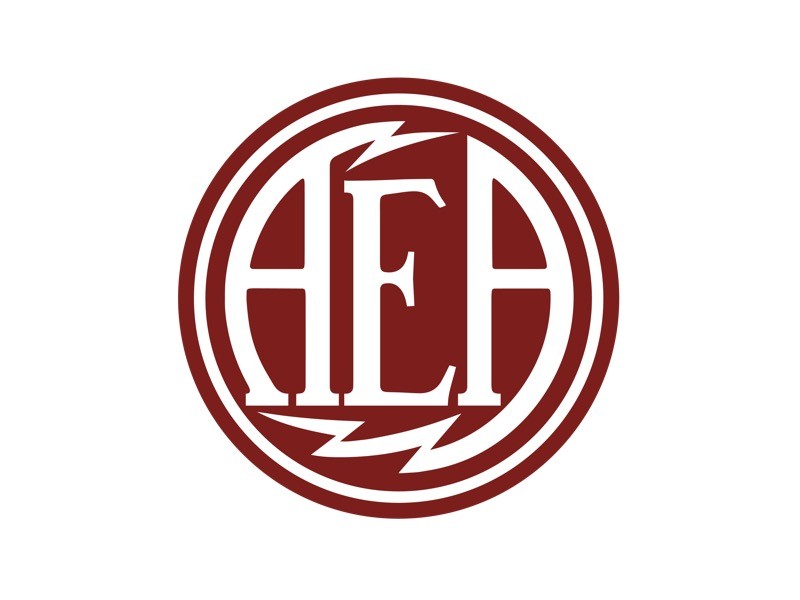
ADC
Channels
Hardware format
Microphone Type
Power Type
End of content
In 1976, AEA began servicing ribbon microphones. By 1998, the company was already able to produce 100 percent of the components for the iconic RCA 44. It was at that time that AEA Ribbon Mics was born, with the goal of bringing that legendary microphone back to life through its own version.
Since the creation of the R44C, AEA has expanded its offerings by designing and building new ribbon microphones, each designed for specific applications but always inspired by the RCA tradition. The company has perfected ribbon technology with innovative materials and advanced manufacturing techniques, producing a complete line of microphones capable of offering a unique sonic signature for every artist.
Each AEA microphone is developed to meet the real needs of sound engineers and musicians. Before even subjecting them to technical testing, each microphone is listened to. Because a good instrumental result does not guarantee a good sound performance. As Duke Ellington said, "If it sounds good, then it is good." This is the guiding principle behind every AEA design.
All AEA microphones are handcrafted in the United States, more specifically in Pasadena, California.
Ribbon microphones were invented by Telefunken in Germany in the early 1920s. Soon after, Dr. Harry F. Olson of RCA began developing ribbon microphones using field coils and permanent magnets. The first RCA model saw the light of day in 1931 and forever changed the landscape of audio recording and broadcasting. In 1932 the first RCA 44 series microphone was launched, destined to become a true legend due to its unique musicality. Even today, the original RCA 44s are highly sought after and fetch prices well above their initial cost. After the acquisition of RCA by General Electric and the subsequent closure of the microphone division, AEA stepped in to keep the technology alive. In 1976, Dick Knoppow - then AEA's chief engineer - convinced the company to take over the maintenance of the now "orphaned" RCA microphones worldwide. Together with founder Wes Dooley, they visited Jon Sank, RCA's chief engineer, who taught them the original ribbon installation and tensioning techniques. Sank also provided original materials and processing tools, still used by AEA today.
AEA's entry into the world of ribbon microphones was no accident. Wes Dooley has always had a deep admiration for the RCA 44, favorite microphone of his early mentor, Wally Heider, and the legendary Les Paul. At only 18 years old, Wes learned to record an entire band with just one RCA 44. In the 1990s, after a cancer diagnosis and a period of treatment, Wes decided to devote himself to his truest passion: ribbon microphones. Although AEA had consolidated AEA as a service center for RCA and Coles microphones, and although the company's business also included preamplifiers, mixers, and forensic audio equipment, Wes focused all his energies on making a replica of the RCA 44BX. In 1998, AEA successfully completed in-house production of 100 percent of the interchangeable components of the original RCA 44. Thus was born the AEA R44C, assembled according to RCA methods and using the same tools passed on by Sank.
Choosing a microphone is like choosing a musical instrument: it is an extension of one's expressiveness. For more than two decades, AEA's goal has been to build the best possible microphones and preamplifiers, shaping the sonic visions of musicians and engineers.
AEA is a community of artists and engineers united by a passion for music and the creative process. A crucial stage in product development is beta testing: each microphone and preamplifier undergoes intensive testing by the in-house team and trusted artists. The feedback gathered at this stage ensures products that match the needs of contemporary artists.
Empty cart